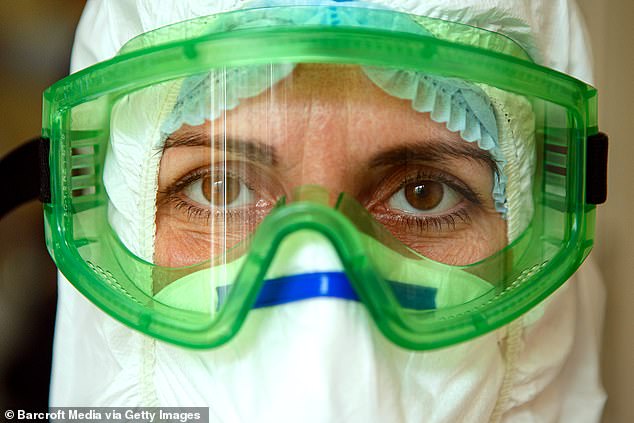Germany has detected its first case of a newly discovered Brazilian coronavirus variant, feared to be particularly infectious, regional health officials in the state of Hesse said Friday.
The infected person recently returned from a trip to Brazil and lab tests on Thursday confirmed he had caught the new strain, Hessian Social Affairs Minister Kai Klose told reporters.
Experts from Germany’s Robert Koch Institute (RKI) say the Brazilian mutation is similar to a new South African variant, which is seen as more contagious than the original virus.
A third mutation that has emerged in Britain has added to fears about the pandemic, with scientists worrying that these more transmissible variants could turbocharge outbreaks across the globe.
Several countries have already imposed travel restrictions on people from affected nations or are asking for negative COVID-19 tests before departure.
Virologist Sandra Ciesek, one of Germany’s best-known coronavirus experts, said Frankfurt’s university hospital was informed on Thursday that an infected person was on board a flight from Brazil who was asymptomatic.
A PCR test upon landing reliably showed he had the Brazilian variant of the virus, she said. The probe is still undergoing detailed sequencing, which takes longer.
Brazilian expert Felipe Naveca recently told AFP that the Brazilian strain detected in the state of Amazonas is “very probably” more contagious, just like new strains found in Britain and South Africa.
Naveca said the variant, which the World Health Organization has described as “worrying,” may have spread throughout Brazil and could already be the dominant strain in Amazonas.
Germany has also recorded cases of the British and South African mutations on its soil, but has managed to isolate those cases so far and no large clusters have emerged yet.
Scientists to date do not believe that the new strains lead to more serious cases of COVID-19.
Germany on Friday crossed the mark of 50,000 COVID-19 deaths since the start of the pandemic.


